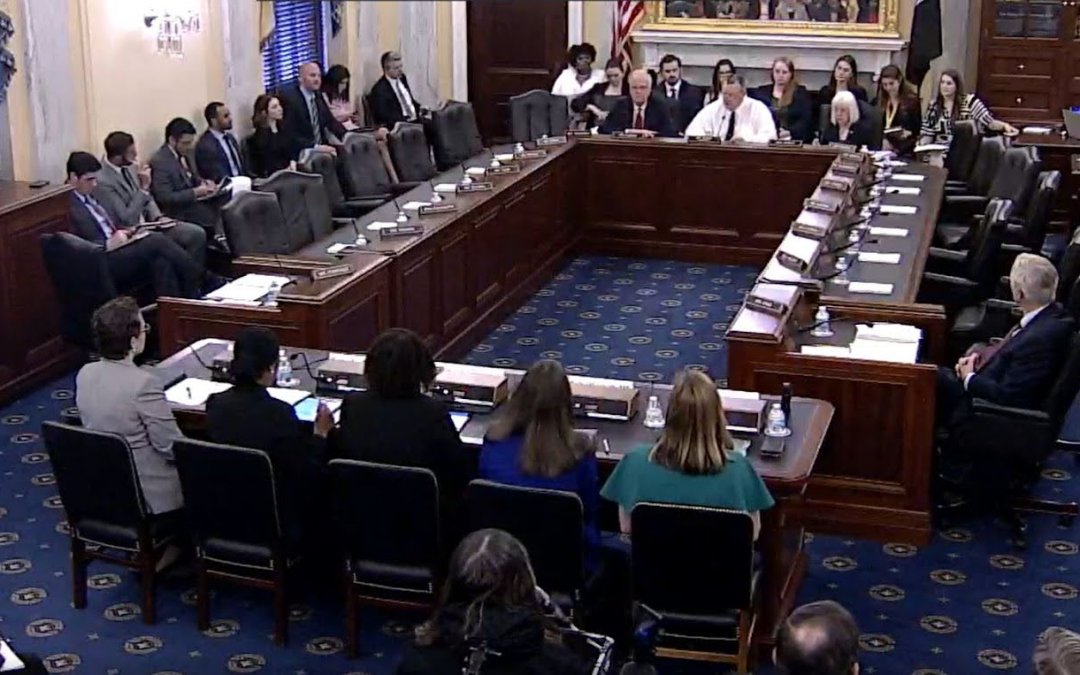WASHINGTON — Representatives on the Senate Committee on Veterans’ Affairs on Wednesday reviewed the effectiveness of Department of Veterans Affairs programs to ensure equity for women veterans.
According to Erica Scavella, Assistant Under Secretary for Health for Clinical Services at the Department, the number of women veterans using veteran services has tripled since 2001 and now exceeds 625,000. However, as the Office of Inspector General reported, the growing number of veterans poses challenges to VA healthcare in ensuring access to women’s primary care providers and gender-specific care in their facilities and the community.
“We have confirmed that a facility for women’s veterans’ healthcare program was under-resourced and largely overlooked,” said Deputy Assistant Inspector General Jennifer Baptiste.
Yet, programs are not running at full capacity. According to the Office of Women’s Health, only 40 to 45 percent of eligible women veterans use Veterans health care benefits.
Sen. John Boozman, R-Ark., stressed the need for a new VA healthcare culture that welcomes women veterans and makes them feel like they belong.
“It’s long overdue that we update the belief that when a woman seeks care at the VA, it’s because her husband is a veteran,” he said.
Meanwhile, Ranking Member Jerry Moran, R-Kan., highlighted another area for improvement – military sexual trauma (MST) survivors’ support.
Scavella reported approximately 30 percent of women veterans have experienced MST, and the number might be underreported. Still, data from the Office of Inspector General indicates that MST claims need to be processed with a higher accuracy rate and in a timely manner.
“Having a claim approved is a powerful healing tool. It’s the equivalent of a guilty verdict in court,” said veteran witness Alissa Engel. “We must enact the necessary changes to create an impeccable trauma-informed claims processing procedure.”
Sen. Richard Blumenthal, D-Conn., raised another concern, quoting from the report on women veterans mental wellness by the Disabled American Veterans: in 2021, the suicide rate for women veterans increased by 24 percent, and more than half of the deaths for women veterans are caused by self-inflicted firearm injuries.
The lethal means safety campaigns by the VA are not enough to save the lives of women veterans, said Naomi Mathis, Assistant National Legislative Director at Disabled American Veterans. She stressed that the VA failed to persuade some of the veterans why they needed to keep their firearms safely stored.
Other recommendations presented to the VA by the nonprofit representatives were enhanced accessibility to the healthcare facilities, increased budgeting for direct care workers, and greater outreach to the veterans during the post-deployment transition period.
Sen. Angus King, I-Maine, summed up the committee hearing by reiterating that the VA “cares deeply about the veterans.” He suggested that improved communication between governmental and non-governmental organizations and shared experiences will lead to effective solutions.

